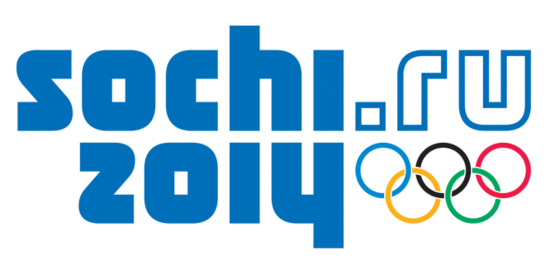
Set to begin February 7th and run through the 23rd, the 2014 Winter Olympic Games in Sochi, Russia are fast approaching. Recently, it has been revealed that this year’s games will exceed cost projections by roughly 500%, making them the most expensive of all time. Upon winning the host bid, Vladimir Putin pledged $12 billion to turn Sochi—a small waterfront town—into a “world-class resort.” As it turns out, this number hovers around $50 billion. Despite vastly inaccurate budget projections, Russia’s Deputy Prime Minister has affirmed that “everyone is satisfied” with how Sochi has been developed since winning the bid in 2007. Regardless of what the Russian government has reported, it seems as if the process has been riddled with issues and inefficiencies.
To begin, past Winter Games suggest that the $50 billion investment will not be recovered. According to Robert Barney, founding director of the International Centre for Olympic Studies at the University of Western Ontario, “no Olympic games in history have made it in the black.” Considering that the average cost projection is underestimated by 180%, it seems nearly impossible that a 500% projection error is recoverable.
If all goes according to plan, Russia will see returns on their investment for years after the games. Sochi, an area of Russia that rarely sees snow, is slated to become an upscale tourist destination after being developed for, and receiving publicity from, the Winter Games. However, this plan is typical, and in most cases, it falls through. When considering the amount of money spent on security for the 2014 Winter Olympics, who is to say that Sochi can provide consistent safety for tourists in the future? If facilities go unused in the future—which is very common in host cities—Russia will have to either absorb tremendous maintenance costs (on stadiums, etc.), or abandon them as a sunk cost.
To make matters worse, much of the money is coming from the government, the public, and state-owned banks. Accordingly, Sochi appears to be Vladimir Putin’s “pet project: a sign of his power over people and nature, and of his international legitimacy” (The Economist). Boris Nemtsov, a former deputy prime minister and opposition leader, has argued that Sochi is a model of “lawlessness, inefficiency, and disregard for human nature and people.” In this way, everything surrounding Sochi appears to be part of a larger political agenda in which Russia’s long run welfare is marginalized.
Olympstroy, a Russian state corporation, has been overseeing most of the construction. According to a report by The Economist, “The quality of the work is patchy. The ski jump has been redone many times, and the cost has risen sevenfold. Newly laid sewage pipes have burst, so a nasty smell drifts over a kindergarten playground. Sea-coast fortifications cracked soon after installation. The work has been carried out with little concern for the environment. The river flowing into the Black Sea has been polluted by construction waste and protected forests have been cut down. A green whistle-blower was prosecuted and chased out of Russia.”
Still, there are some (perhaps unfounded) benefits to hosting the games. In all cases, leaders who are responsible for winning the host bid fortify their resume. Additionally, host cities hope to increase both tourism and trade. However, even cities that bid for hosting and do not win the bid see 30% increases in international trade, as their bid signifies that they are “open for business with the global community” (CNBC). So, all the benefits that Sochi hopes to realize from hosting the 2014 Winter Olympics are either based on speculation or unnecessary spending that will likely not see a return.
Hopefully, Sochi turns into a tourist haven after the Olympics, but given a $50 billion trench and shady political agendas, it seems unlikely. Still, we look forward to watching eight of our fellow Wolverines participate as athletes.